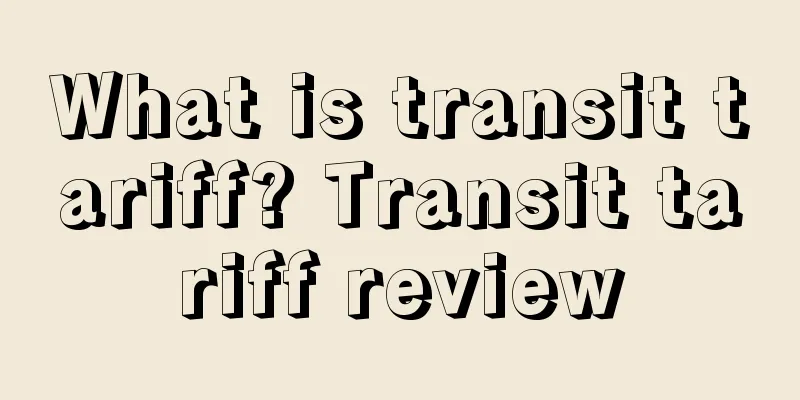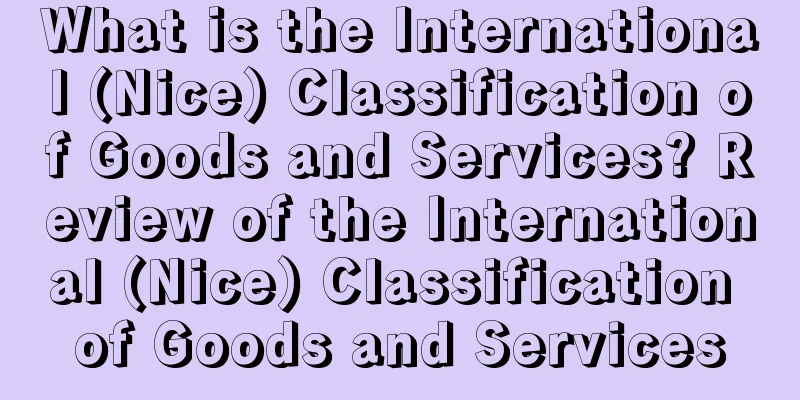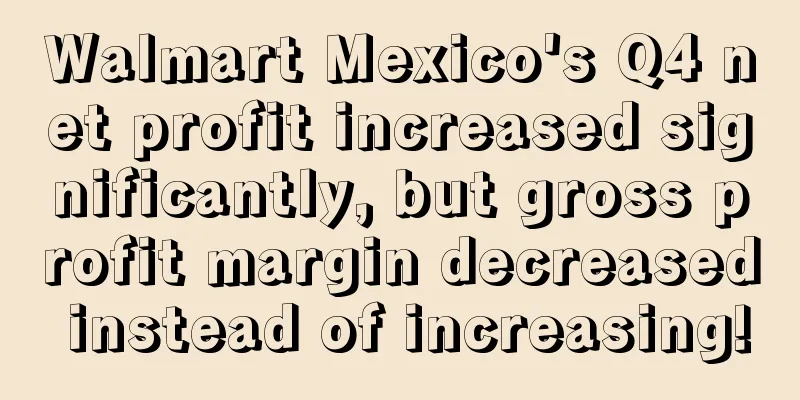What is transit tariff? Transit tariff review

|
Transit Duties, referred to as "transit taxes", also known as "passage taxes". It refers to a tariff levied by a country's customs on foreign goods that pass through its national border or customs territory and are sold to a third country. Transit taxes were first created and popular in European countries. Its purpose is to increase the country's fiscal revenue. Chinese name Transit Duties Foreign name Transit Duties Concept The purpose of levying transit tariffs is to increase fiscal revenue. 1. Concept The purpose of levying transit tariffs is to increase fiscal revenue. With the development of international trade, especially the improvement of transportation conditions, the General Agreement on Tariffs and Trade has abolished transit tariffs of each member through an agreement. According to Article 5 of the 1994 General Agreement on Tariffs and Trade, except for some service management fees for transit goods, transit tariffs should be exempted. 2. Features The imposition of transit tariffs can not only increase the country's fiscal revenue, but also transfer the tax burden to the exporting or importing country, affecting its competitiveness in the international market. The characteristic of transit tariffs is that the tax rate is relatively low. This is because: (1) If the transit tax rate is too high, the price of transit goods will inevitably rise significantly, which will not only seriously damage the economic interests of the exporting and importing countries, but also the transit goods will be reduced due to excessive taxation, thereby reducing transit tariff revenue. (2) If a country imposes too much transit tariff or the rate is too high, it will inevitably lead to retaliation from other countries, which will hit the country's export trade. Therefore, levying transit tariffs at a low level is not only convenient for others, but also creates good trade conditions for itself. It is based on these considerations that the General Agreement on Tariffs and Trade clearly states that transit tariffs should be eliminated between contracting parties.
III. Development In the era of mercantilism, European countries once imposed taxes. If a country is located at a transportation hub or a major transportation route, levying transit taxes becomes the most convenient and abundant tax source for the country. However, transit taxes increase the cost of foreign goods and hinder the development of international trade. After the development of world transportation, levying transit taxes will force them to change their routes. Allowing foreign goods to transit can increase the country's transportation revenue and is conducive to the development of the country's transportation industry and related service industries. The benefits in these aspects are much greater than the fiscal benefits of levying transit taxes, and are conducive to the development of international trade. Therefore, in the second half of the 19th century, countries successively abolished transit taxes. In 1921, the League of Nations held an international conference on free transit in Barcelona, Spain. The conference decided that participating countries should not impose any taxes on transit goods. Article 5 of the General Agreement on Tariffs and Trade signed in 1947 also stipulates the principle of free transit. Its third paragraph stipulates: "Contracting parties may require transit transportation through their territories to be declared at appropriate customs; however, except for failure to comply with applicable customs laws and regulations, such transit transportation from or to the territories of other contracting parties should not be subject to unnecessary delays or restrictions, and it is exempt from customs duties, transit taxes or other costs related to transit, but transportation costs and administrative expenses equivalent to the costs and expenses of providing services incurred in transit are not limited to this." Therefore, few countries have levied transit taxes. References |
<<: What is UEESHOP? UEESHOP Review
>>: What is export tax? Export tax review
Recommend
What is SF Express? SF Express International Logistics Review
SF International currently provides import and exp...
Many sellers may cease operations! Etsy is in big trouble this time!
<span data-shimo-docs="[[20,"获悉,据外媒报道,近日Et...
Low-profit products can’t even be advertised?! Amazon decided to do this…
Like domestic e-commerce platforms, with the influ...
Big news! Guangdong introduced cross-border support policies, and China Logistics Group was established!
It has been a week since the Black Friday online p...
What is Wansu Logistics? Wansu Logistics Review
Shenzhen Wansu Logistics Co., Ltd. was established...
Disappearing overnight, may cross-border service providers face a reshuffle?
Previously, the "Amazon store closure and ded...
Black Friday News! What's happening on Black Friday this year?
Black Friday officially begins at 4pm this aftern...
New rules? A large number of Amazon sellers have been complained about and received performance warnings!
Normal, once there is data abnormality, such as s...
Walmart announced that it will cancel installment payments before the peak season! Adopt the "buy now, pay later" model
It is learned that Walmart recently announced that...
The “Ten Don’ts” for Optimizing Amazon Listings
For Amazon sellers, the dream every day is to have...
What is EOI? EOI Assessment
The main purpose of EOI (Expand Offers Internation...
Best Buy announces first quarter results! Both revenue and profit decline!
<span data-shimo-docs="[[20,"获悉,据外媒报道,5月24...
Many Shenzhen freight forwarders went bankrupt! The list of detained containers is released!
It is the peak season for foreign trade and a time...
Amazon PPC advertising optimization tips that even your competitors don’t know!
There are a lot of suggestions on optimizing Amazo...
Amazon Information - Amazon New Product High Success Rate Product Promotion SOP (Standard Products)
What I want to share with you today is the SOP for...









